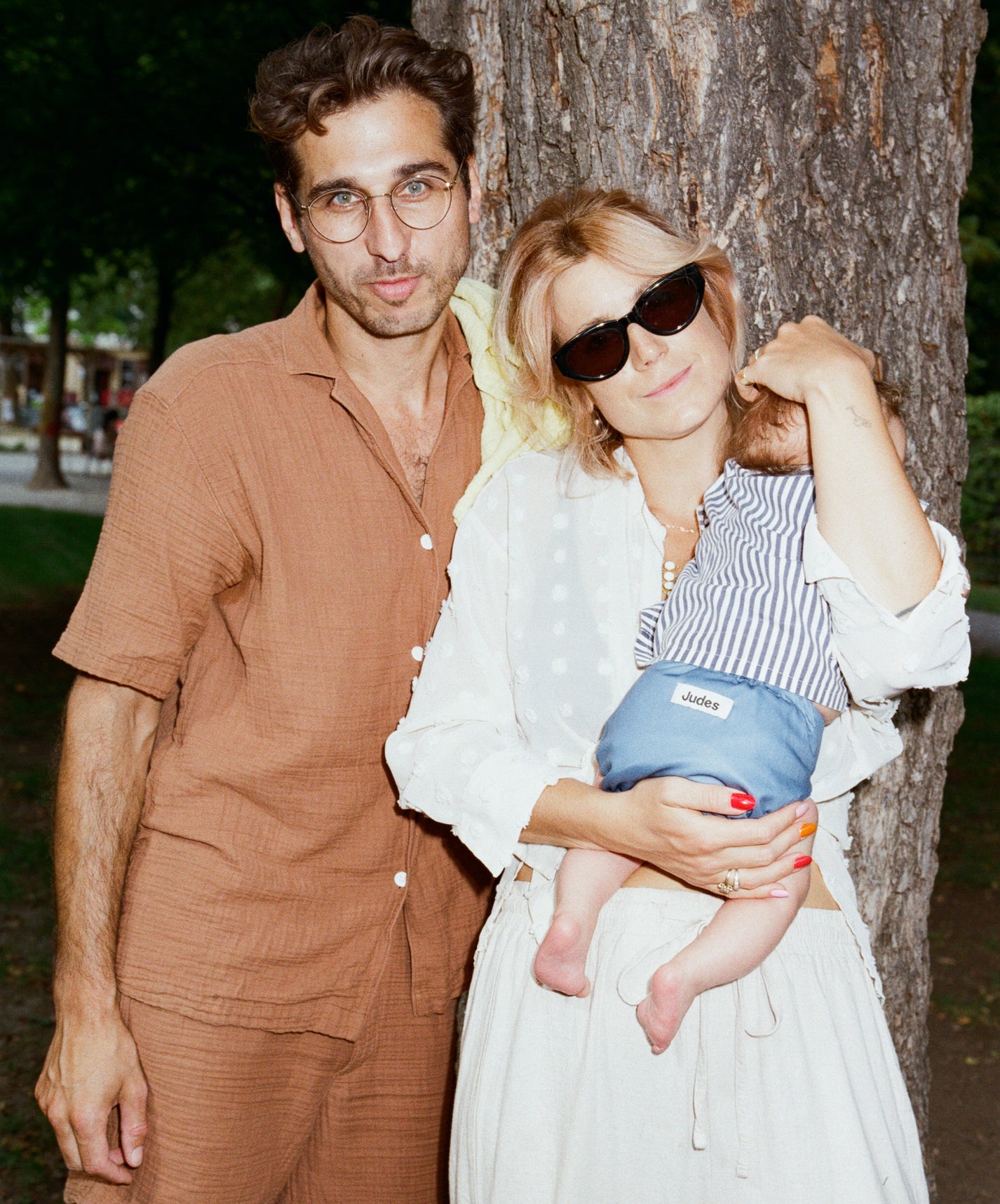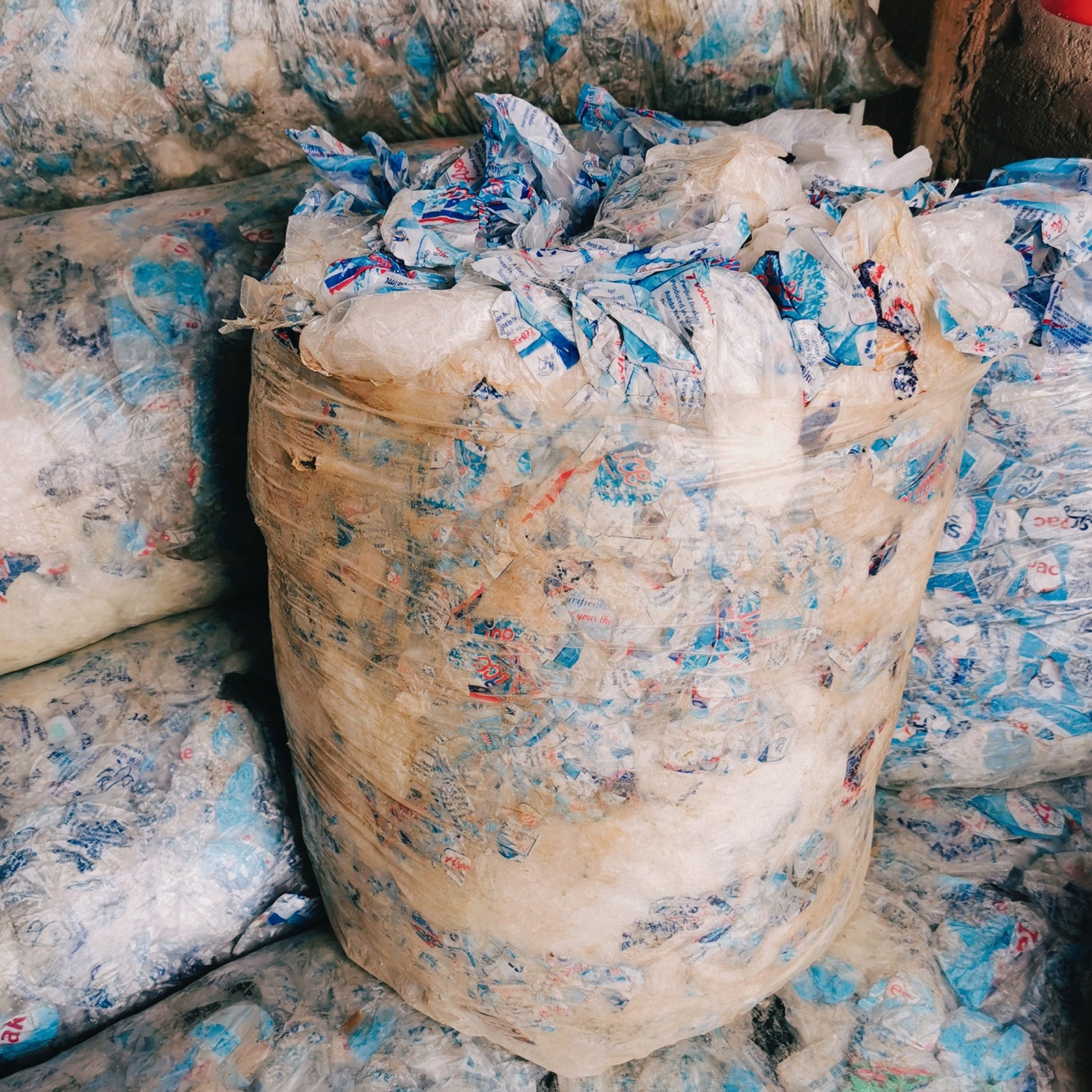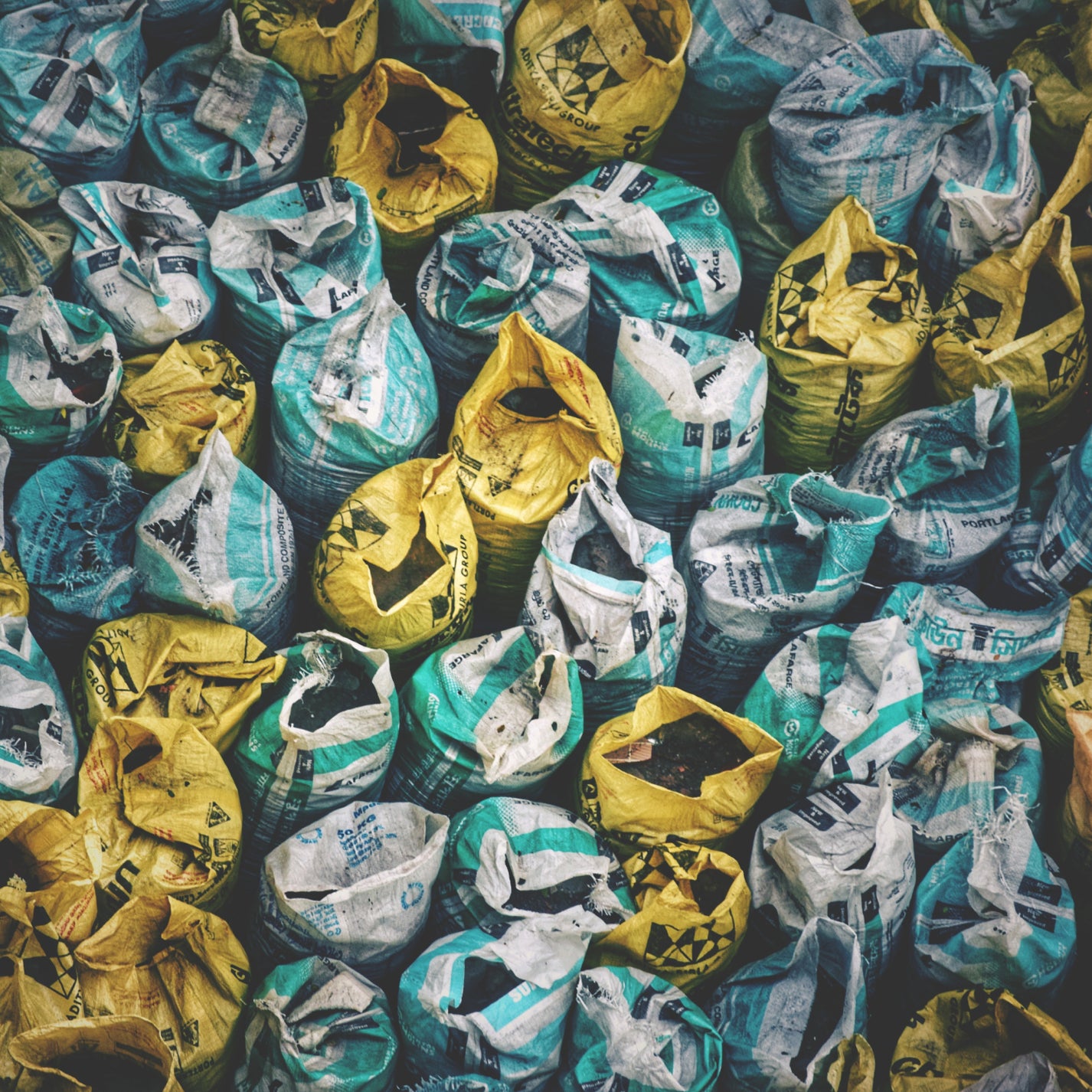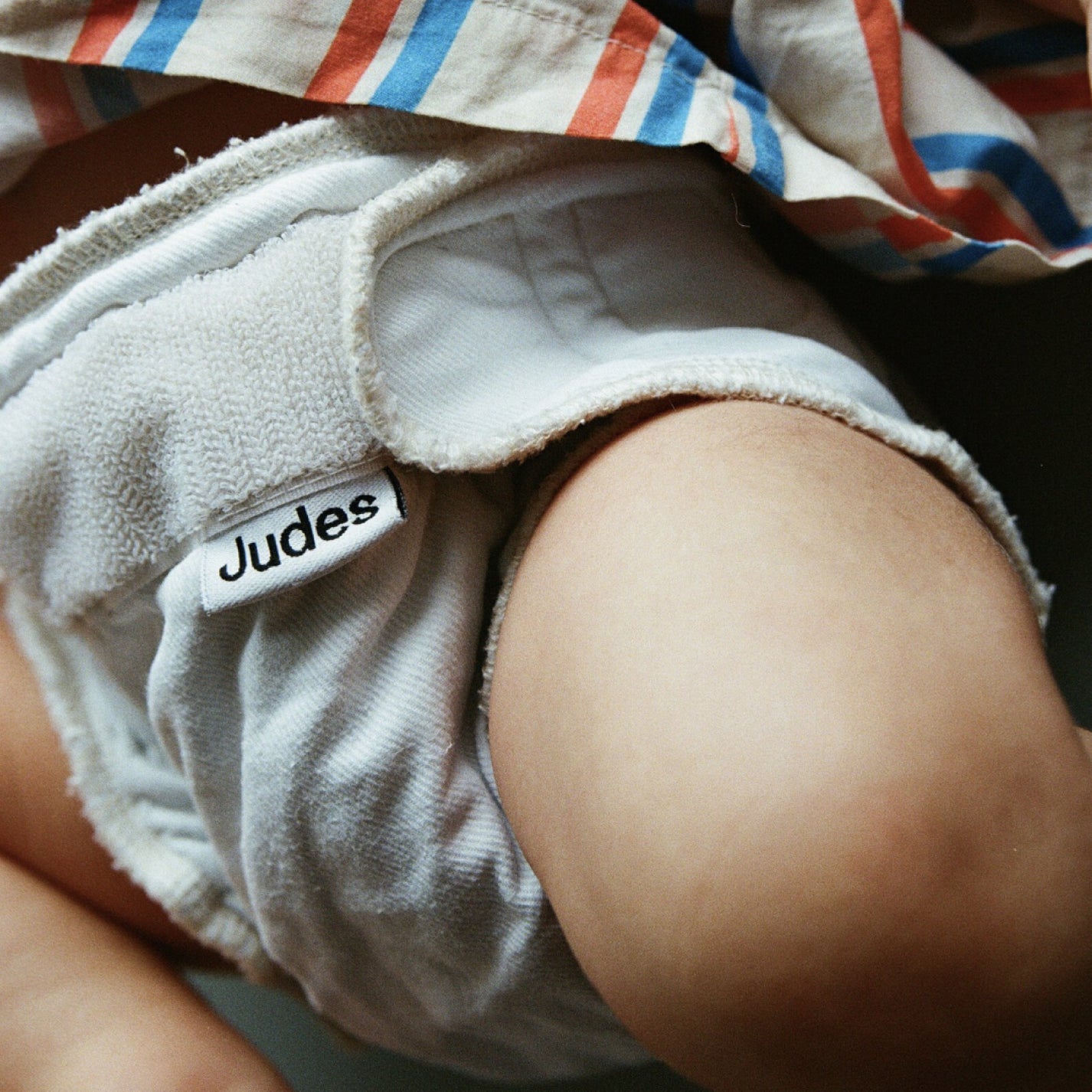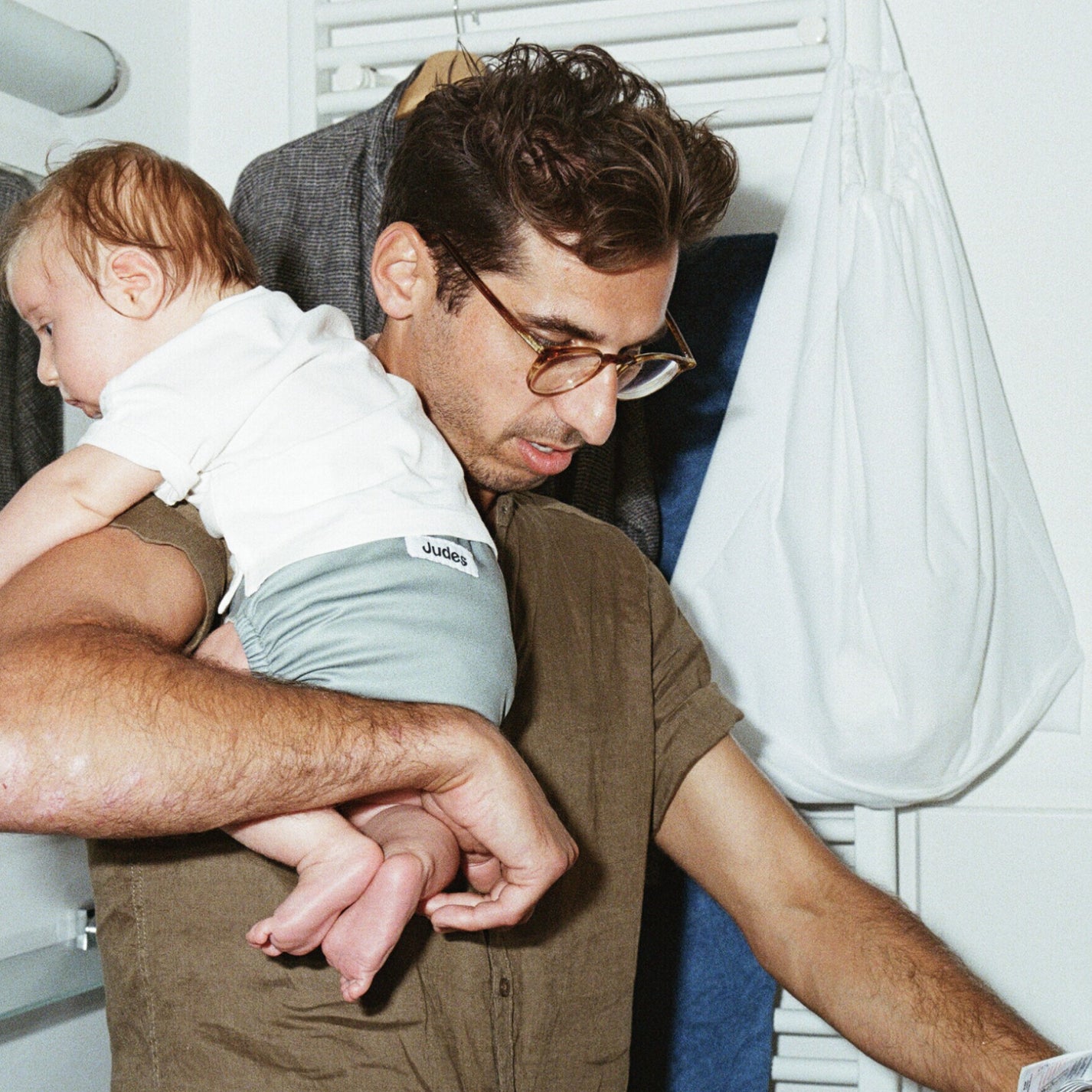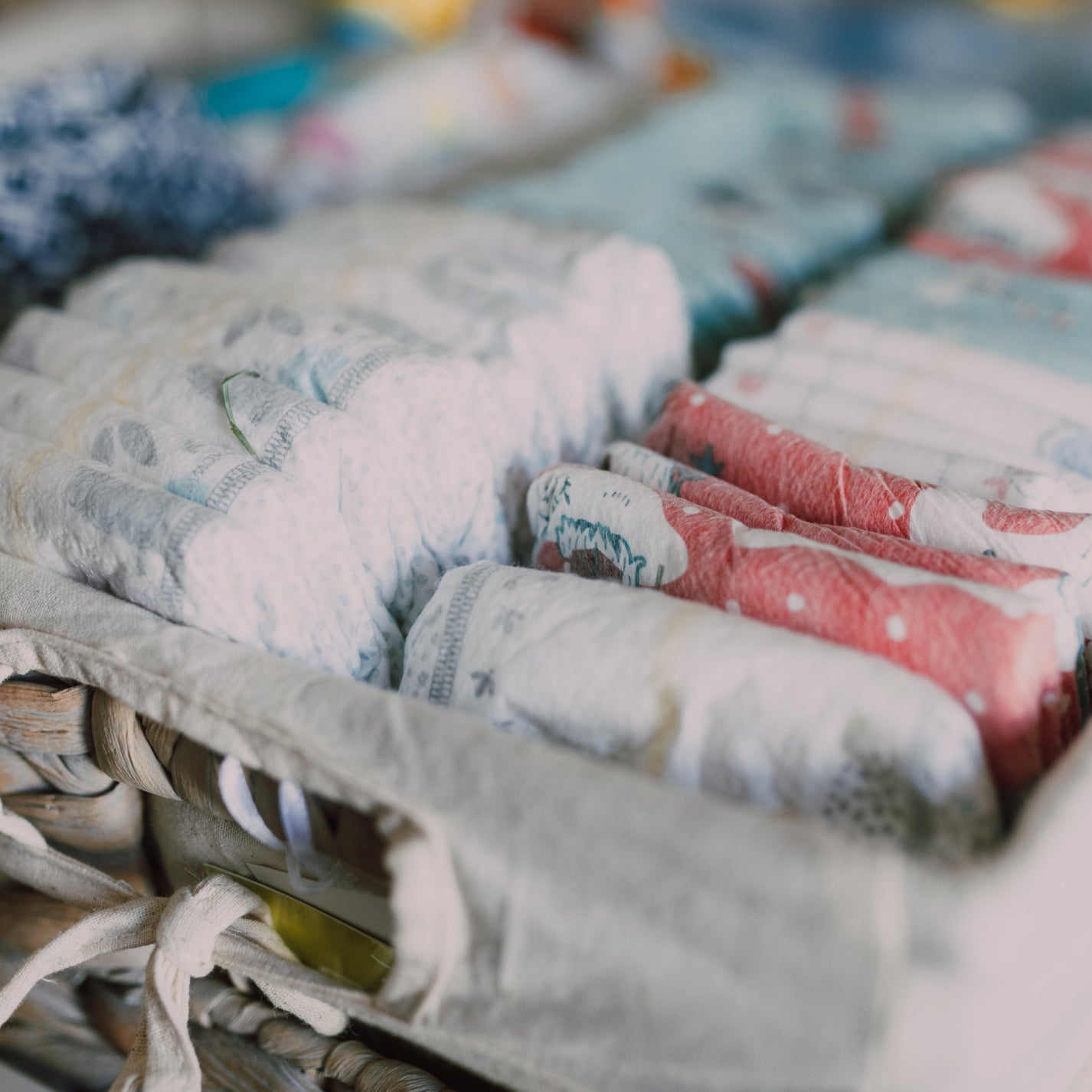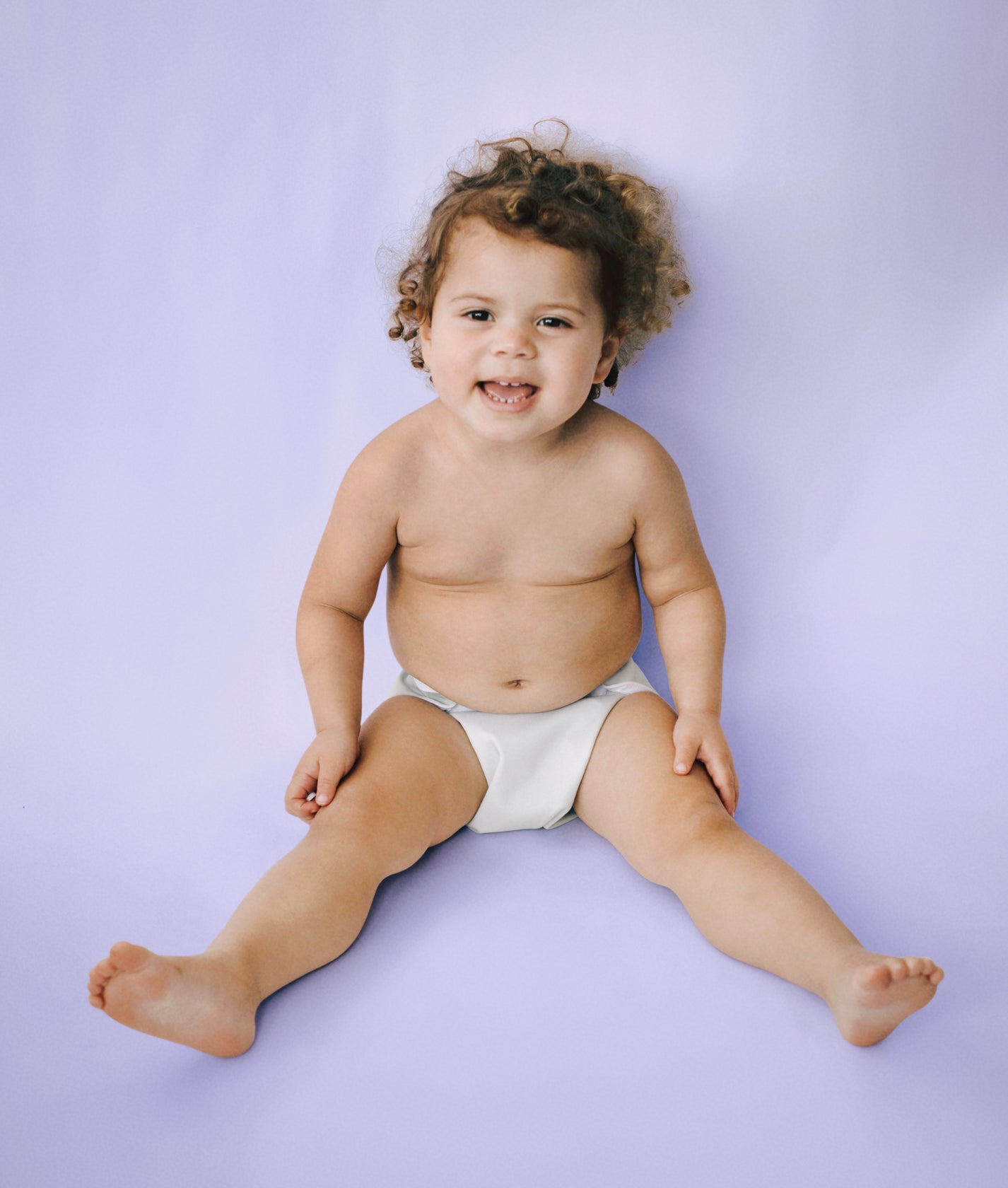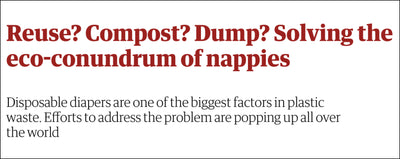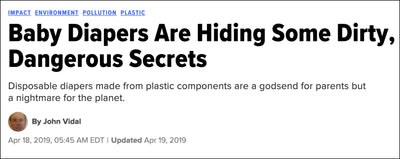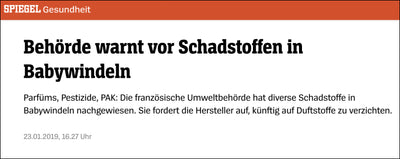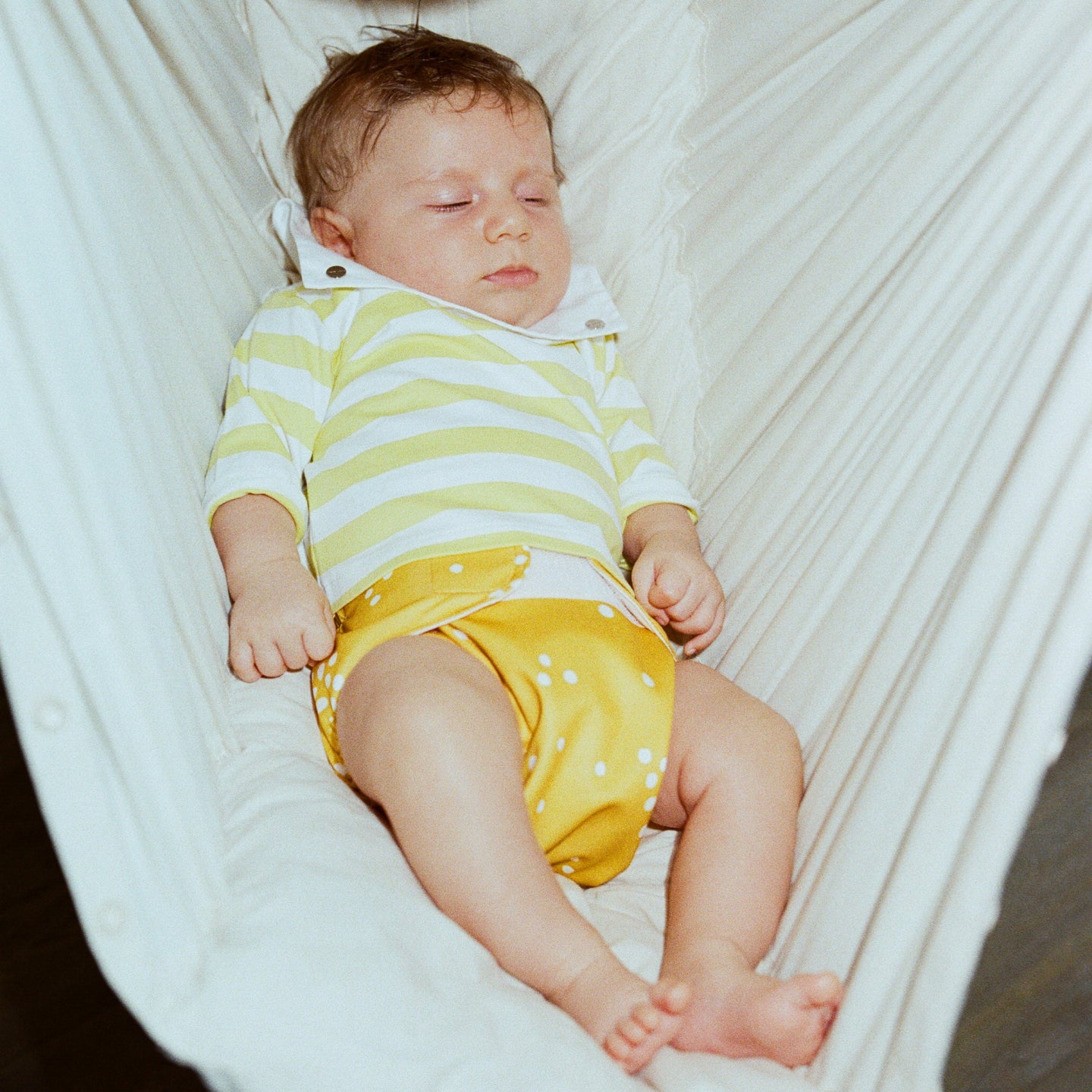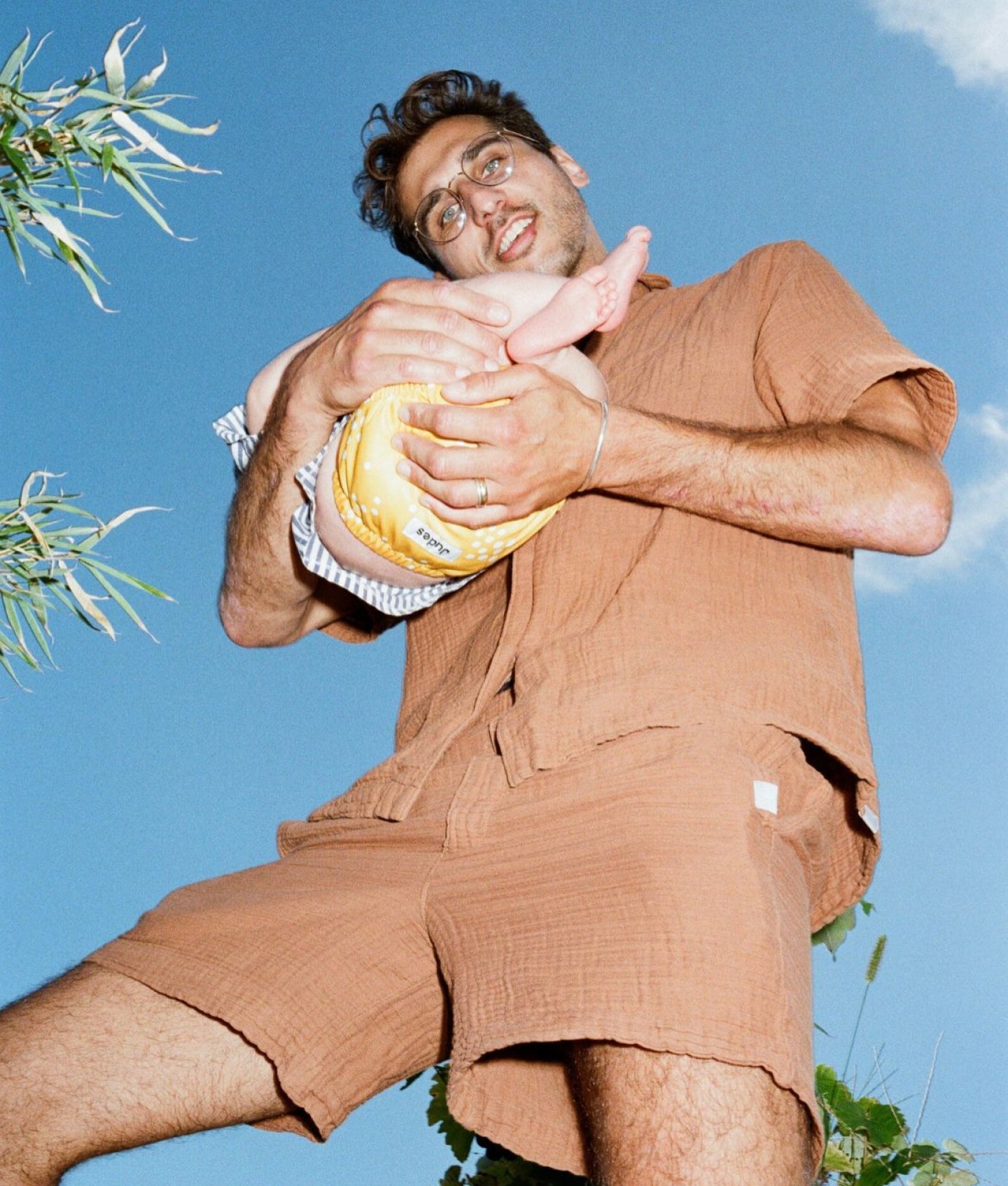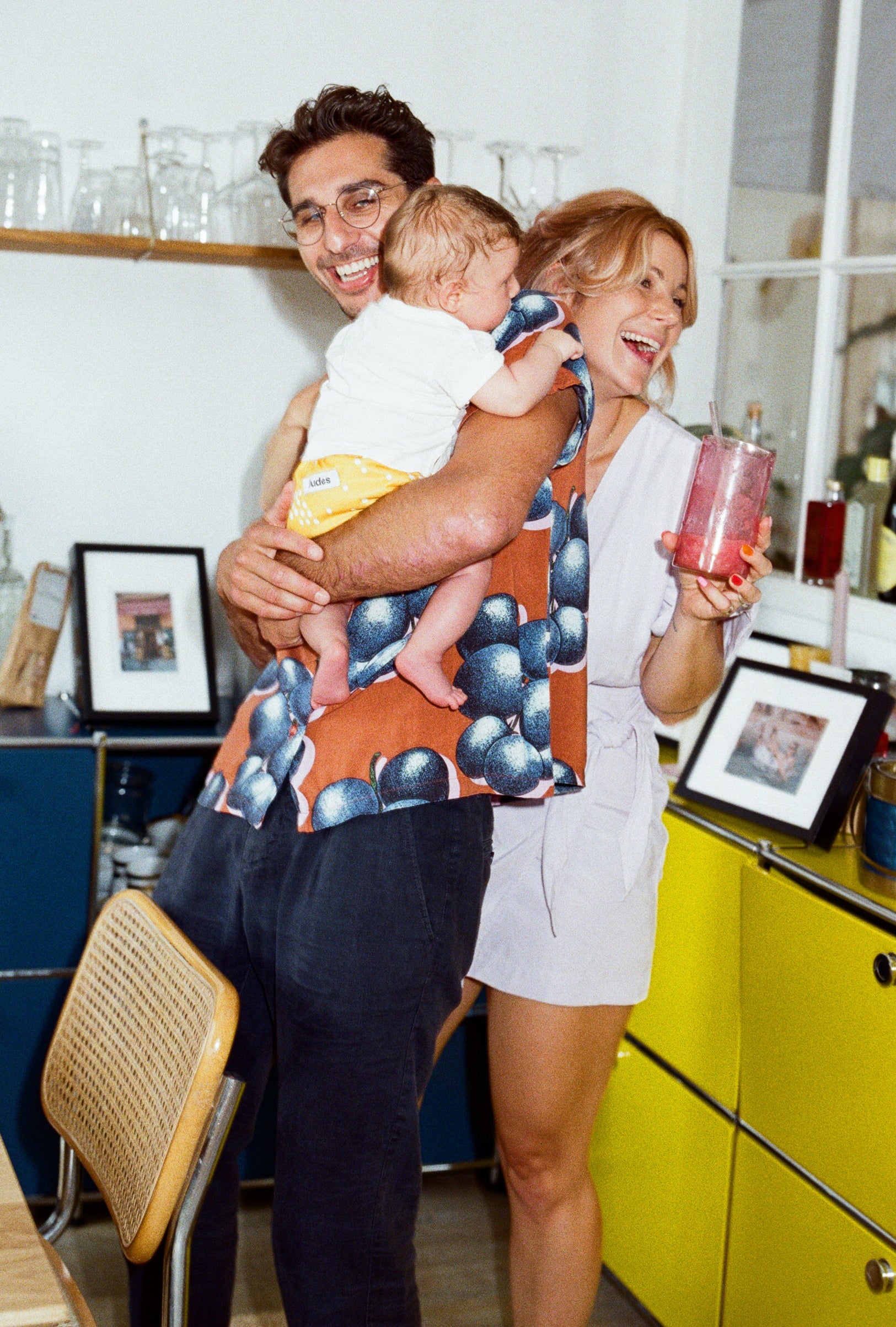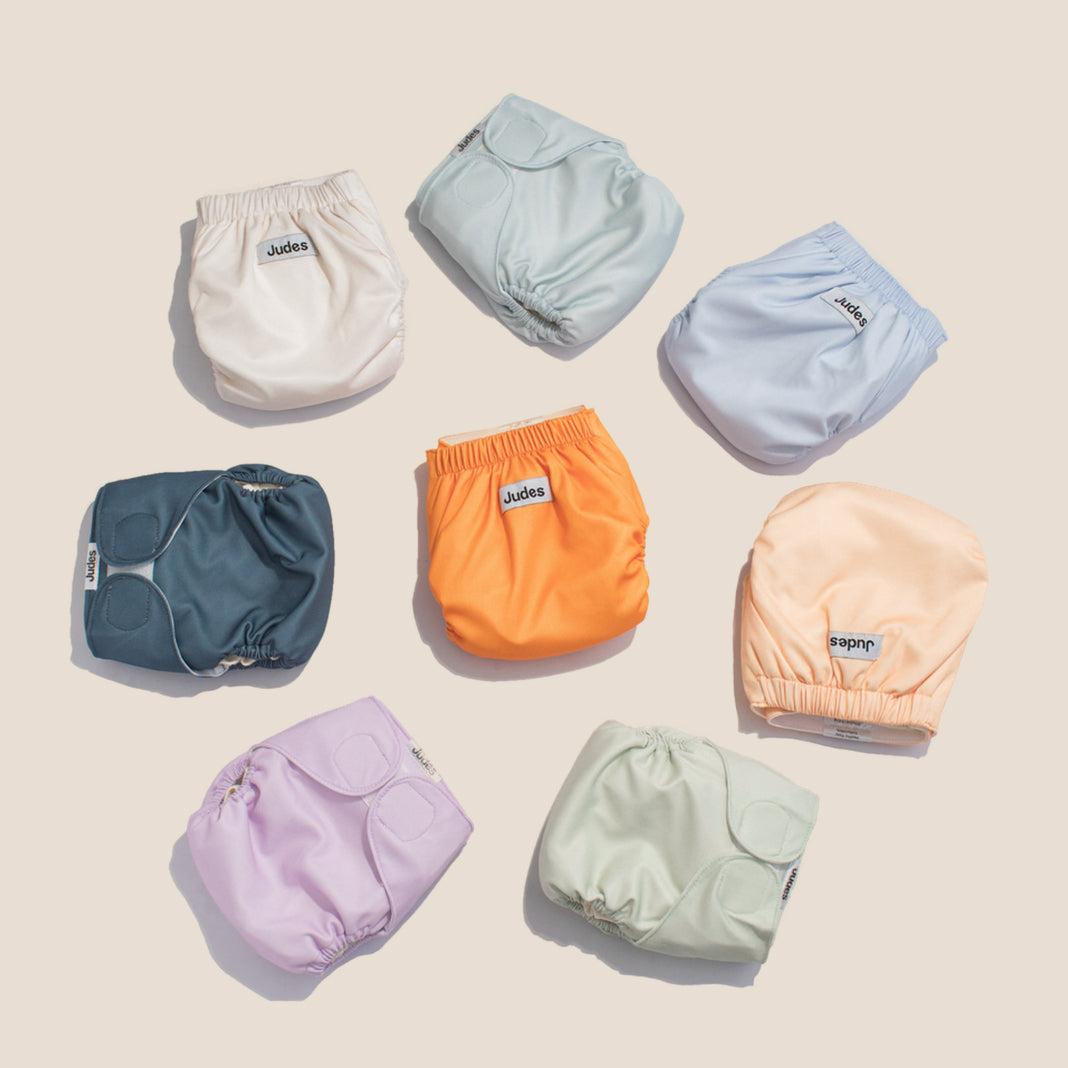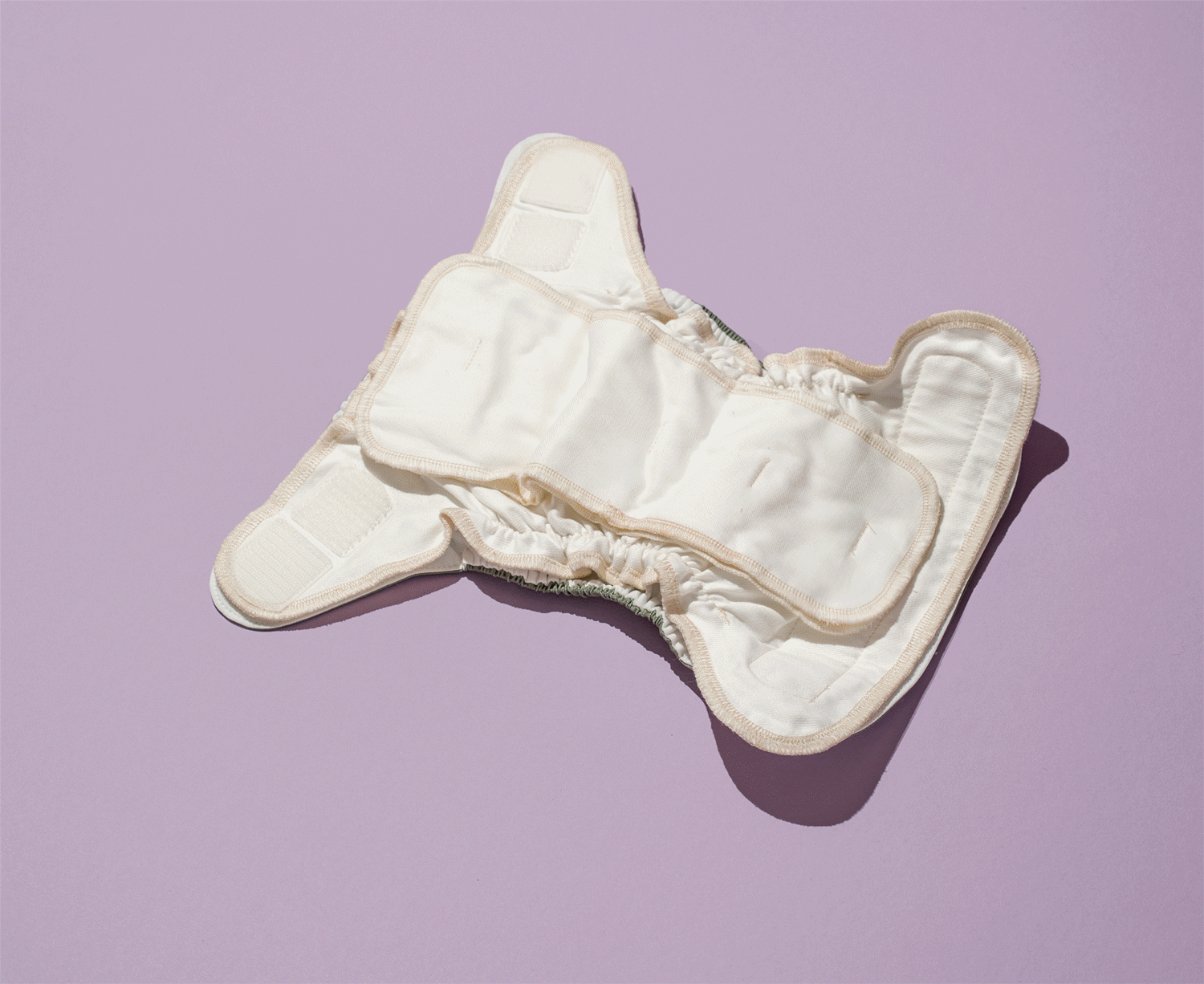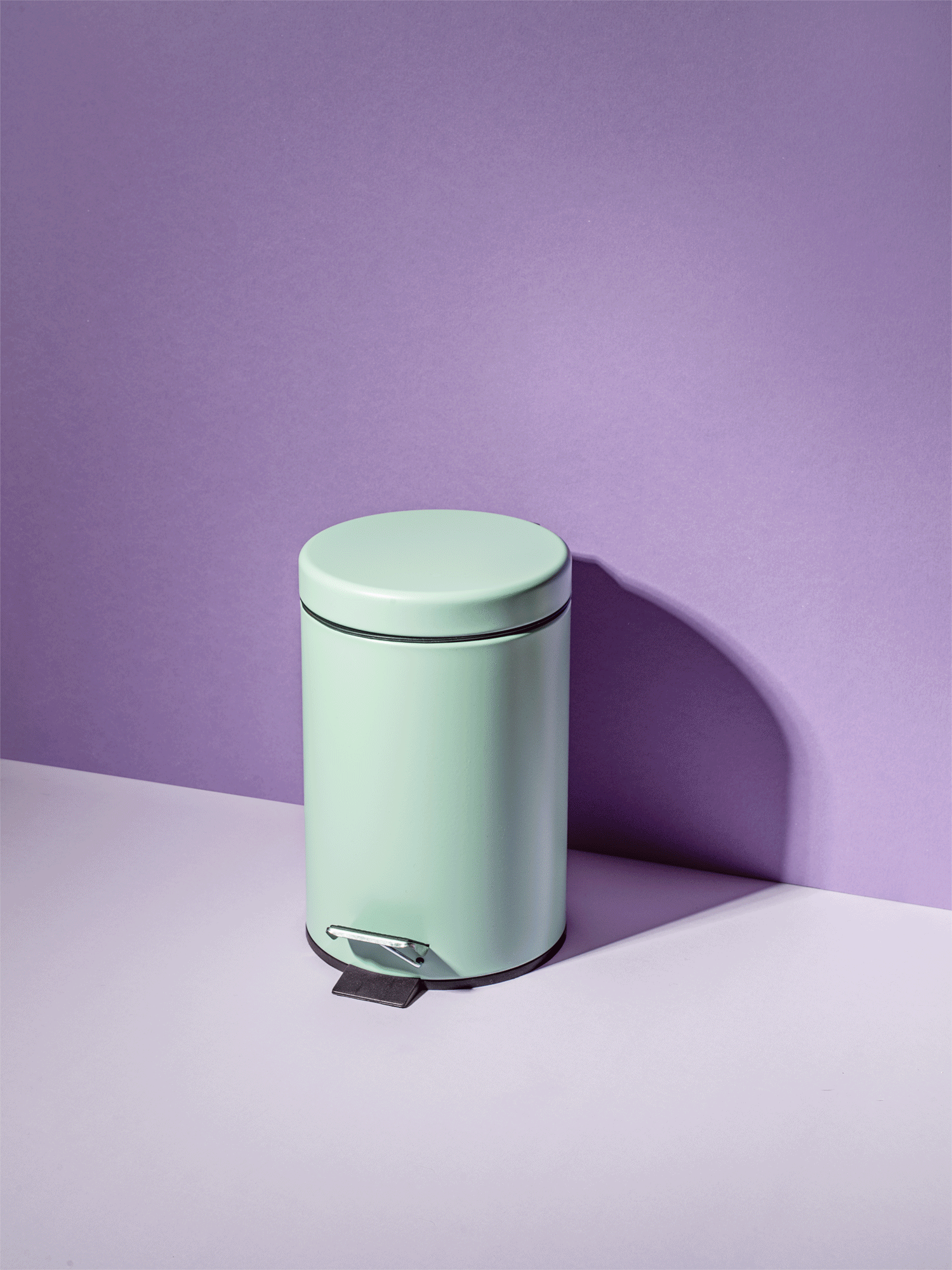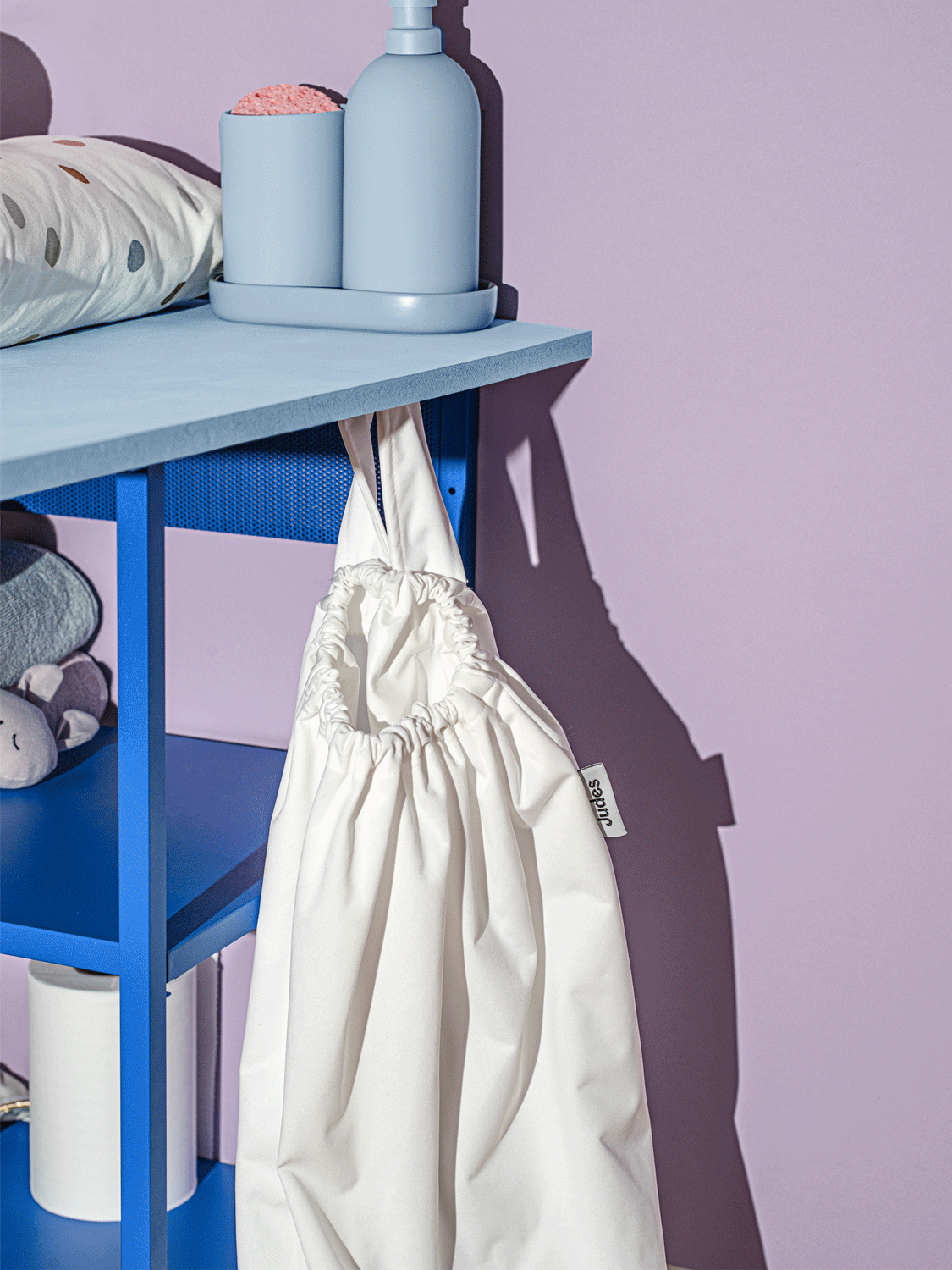More Details on the Environmental Disaster of Disposable Diapers
If you want to know exactly what happens to disposed disposable diapers and what that means for future generations, you can find out more details here (including sources):
Disposable diapers cannot be recycled and therefore end up in the residual waste. They make up a significant proportion of the residual waste in Germany. On average, each child requires 5,000 to 6,000 disposable diapers, which amounts to about 1 ton of diaper waste that cannot be recycled. This represents approximately 10% of the residual waste in Germany (Source: BUND Naturschutz).
Residual waste is incinerated in waste-to-energy plants. The combustion process generates various residues such as ash and slag. They are classified as hazardous waste because they are dangerous for the environment and health. They must be disposed of in a special and secure way to prevent damage.
Disposal of hazardous waste in Germany is carried out using various methods:
Underground disposal: This includes storage in former mines and other underground facilities. The underground landfill (UTD) Herfa-Neurode, established in 1972, plays a significant role. It is the world's largest underground toxic waste landfill. 3.5 million tons of hazardous waste are now stored there, spread over more than 18 square kilometers (more than twice the size of Venice). Among this waste, there are 690,000 tons of dioxin- and furan-containing waste, which, for example, remains from the incineration of household waste. The residues stored in Herfa could poison the entire humanity. Environmentalists view the storage as a security risk to the environment. In 2016, hazardous waste began to burn in this shaft. It could be extinguished by bricking up the shaft. Water could also eventually penetrate the salt mine - then the security of the hazardous waste would no longer be controllable. With the current rate of waste disposal, the landfill can continue to accept hazardous waste for another 60 years before it is full. The plan is for it to then be permanently closed. The management of the underground landfill is of the opinion that no further monitoring of the mine will be necessary. But it is clear that at the latest in a few thousand years, the masses of toxins will emerge from the mine due to natural forces alone (Sources: Süddeutsche Zeitung; Tagesschau; Deutschlandfunkkultur; Hessenschau).
Export: Furthermore, part of the hazardous waste is exported to other countries. Before 2018, China imported large quantities of waste from Germany. However, the waste brought significant environmental problems, leading the country to stop the import. As a result, exporters from Germany sought new destinations. Southeast Asia has been particularly affected. Greenpeace found German plastic waste on uncontrolled landfills in Malaysia and Indonesia, and also in Turkey. This shows how the global waste problem is being shifted rather than solved (Source: Greenpeace).
Chemical treatment and stabilization: Some combustion residues can be treated through chemical processes to neutralize or stabilize the toxins contained in them. This reduces the risk of environmental contamination in case the materials are later deposited or re-used.
With all processes, there are not only risks to the environment and health, but also significant costs for society, and especially for future generations. The final storage in Herfa already costs approximately 260€ per ton. Moreover, these costs are increasing every year.

